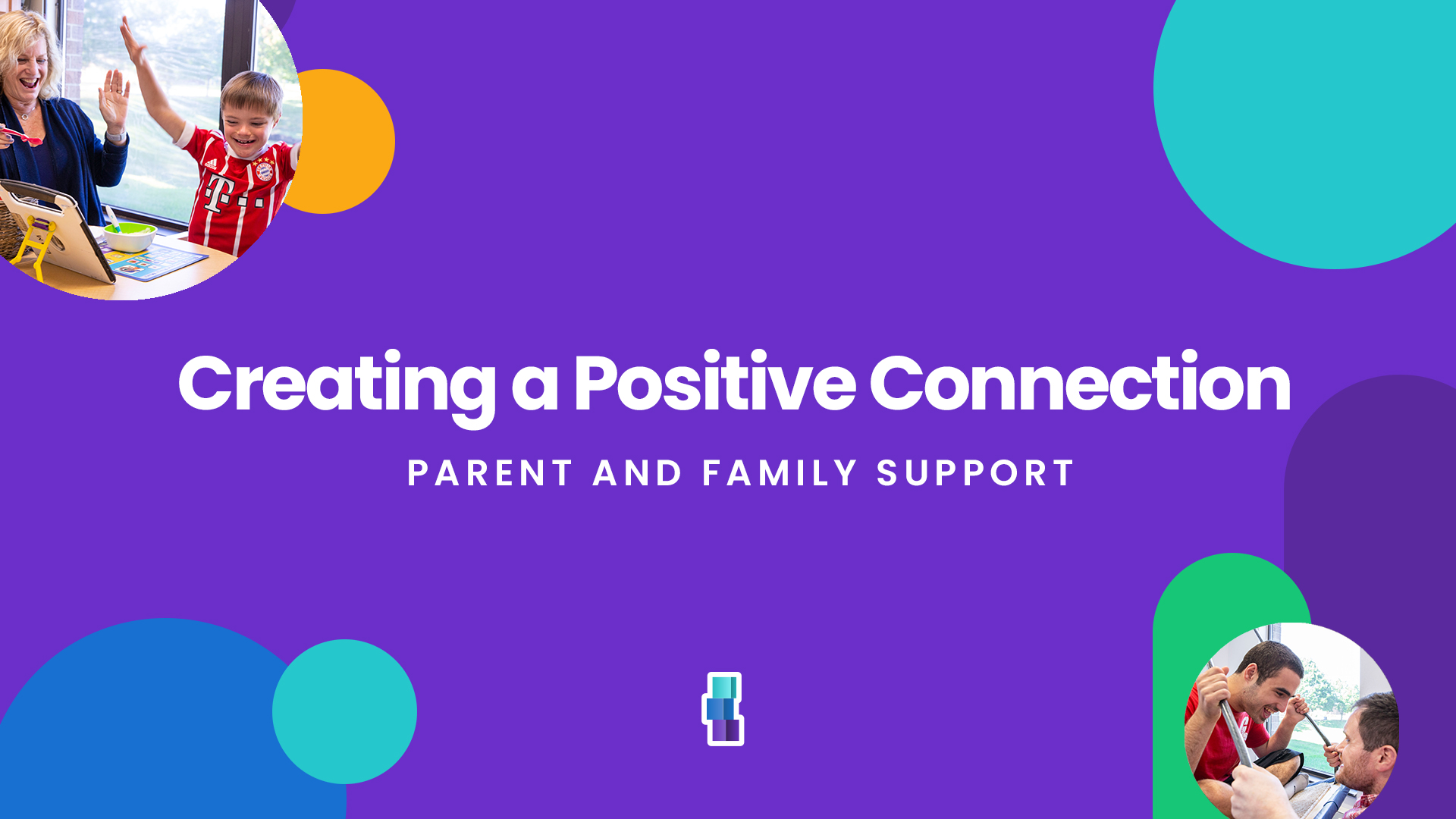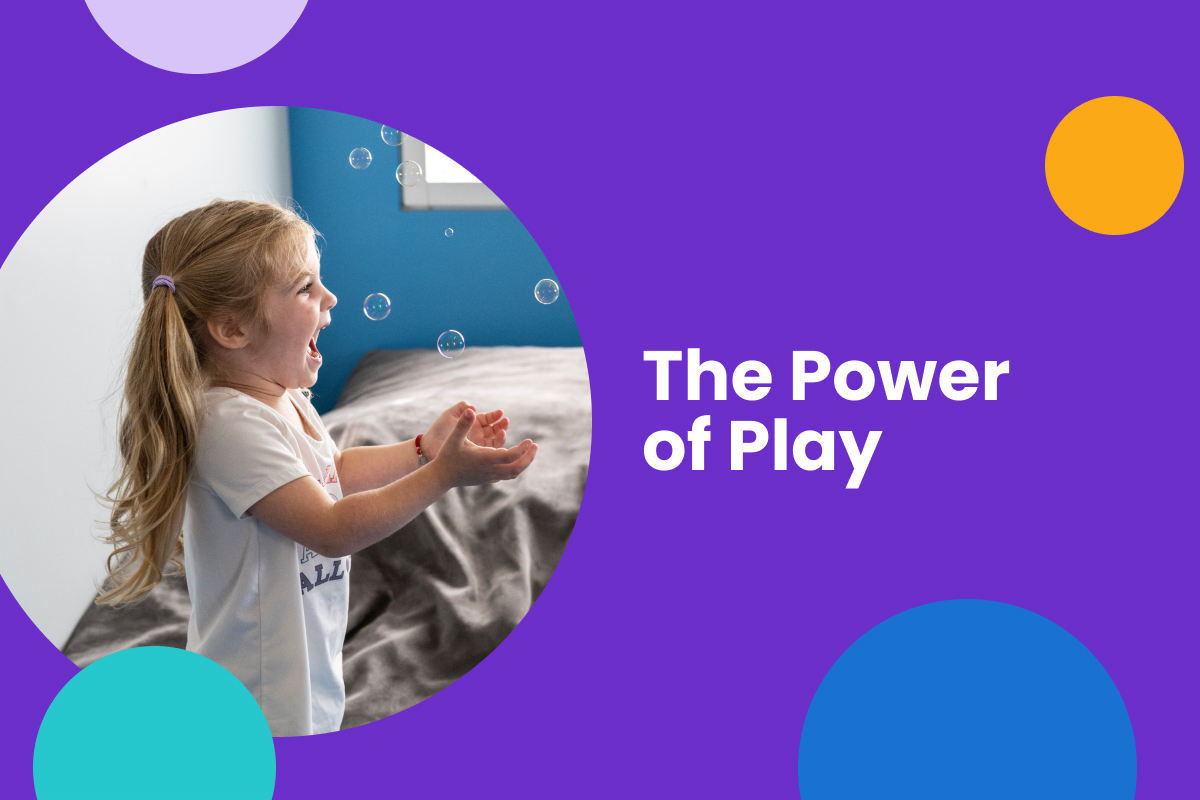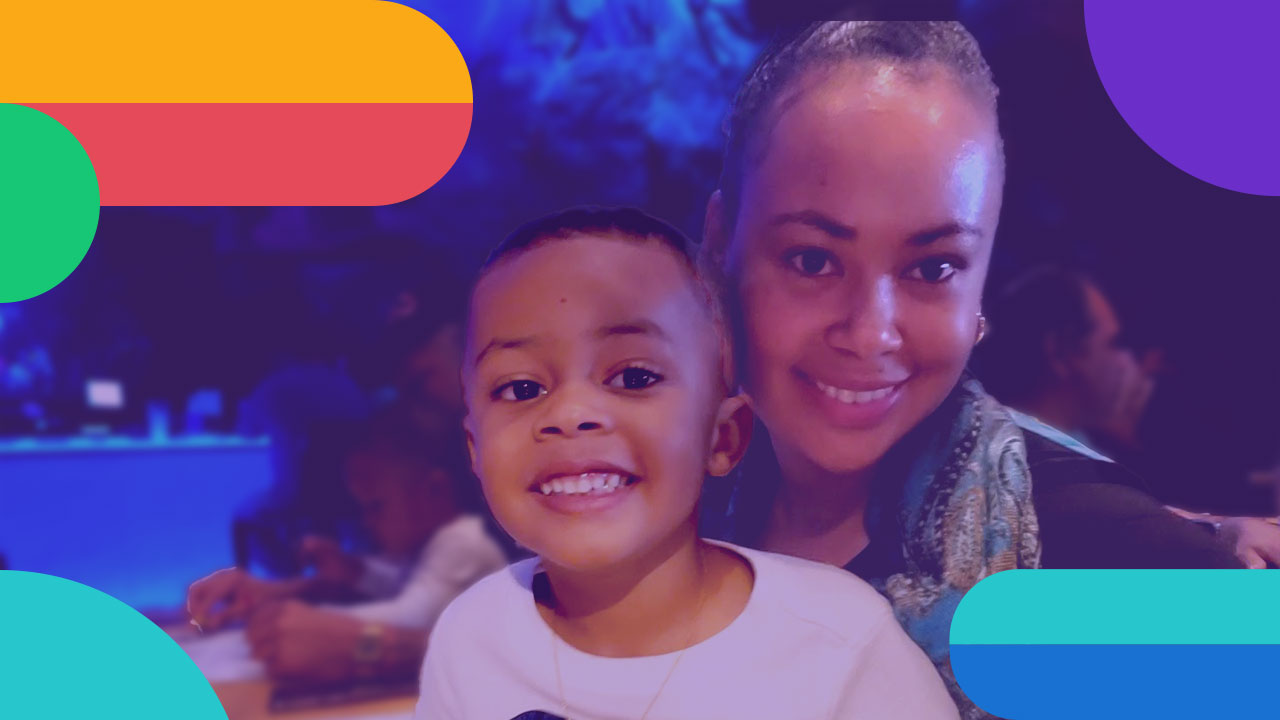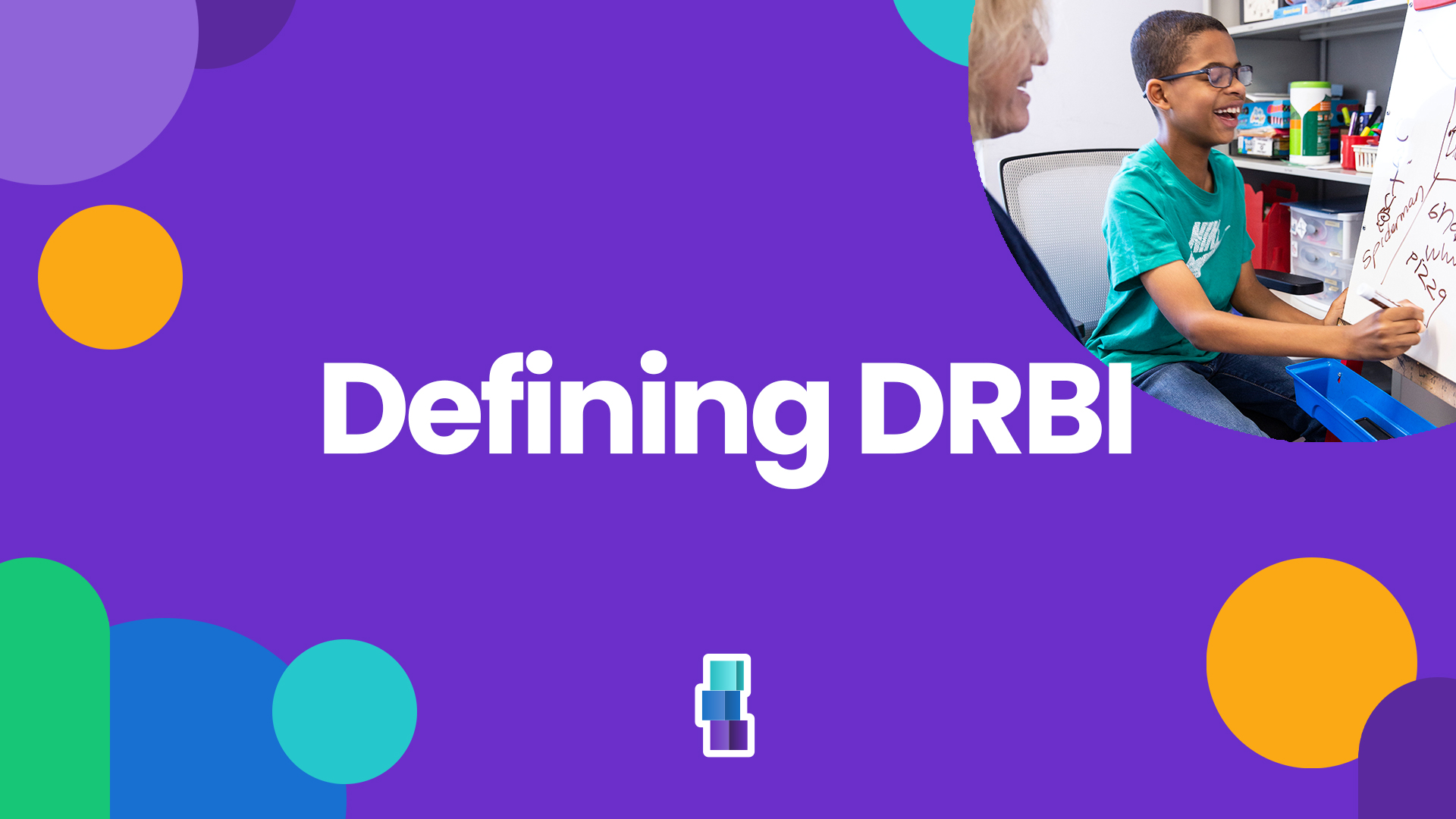
A key goal of the Developmental Relationship-Based Intervention (DRBI) approach to autism support is building stronger relationships with parents, caregivers, and siblings, as well as community and friends. Therefore, a key tool for reaching this goal is parental and caregiver involvement in the therapy process. But what does that really look like?
On the surface, it may sound like more pressure is being added to your already overfilled load. But in practice, we find that parents experience true joy, less stress, and a strong sense of purpose and agency as they learn to connect with their child, partner in play, and expand their world together.
(For brevity, we’ll use “parents” in this article but recognize and appreciate all who fulfill the caregiving role, including grandparents, aunts, uncles, elder siblings, and others.)
Parents know their children better than anyone. You know which milestones they have and haven’t met. Their strengths and weaknesses. The things they love – and the things they do not. What you may not know is how to put yourself in your child's shoes and to understand their experience in a given moment. Truly understanding your child's experience helps to understand how to best communicate in that moment, the reasons that may be underlying a big reaction, and how to recognize and work through those feelings to help your child feel safe and secure so they can explore and learn new things.
Positive Development provides parent support to meet the unique needs of each family. This is accomplished by first connecting with families in an authentic way by building a strong therapeutic relationship and being flexible to the needs of the parent(s), child, and family unit. As parents learn the strategies that help to best engage with their child, progress then extends beyond the therapeutic sessions. Parents become empowered to use these fun and individualized strategies throughout their day to day lives, including during meals, bath time, outings, etc. which then leads to more generalization of skills learned to other settings as well.
And as you learn and grow with your child, you may find you feel calmer and more confident. Many parents seek out DRBI and the holistic approach of Positive Development (with all therapists under a single roof) after feeling unease with behavioral approaches or exhaustion from taking their child to multiple appointments each week. There can be a sense of disconnect or frustration that makes parents ask, “But what more can I do to help?” Through coaching and support, DRBI provides that answer — and it’s something all parents can do, enjoy, and feel great about as you help your child achieve lasting developmental improvements.
What Play-Based Therapy Is Like at Home
Peter and Leslie learned about DRBI therapy through an online course and then later sought treatment for their son at Positive Development. “DRBI really brought us joy. It really focused on [our relationship with our son] as the catalyst for change,” recalls Leslie.
Peter concurs. “I feel like they gave our child back to us. We don’t have to worry that he’ll be in intensive hours of learning with providers without us. He gets to be at home and he gets to be playing with us. These are going to be his memories of his childhood.”
Early on, Leslie and Peter directly participated in the Positive Development sessions in their home to ensure their son was comfortable. They then backed off to help him learn to be comfortable with others, but are always there in case he needs them.
They also engage in weekly virtual coaching sessions. The Positive Development team watches Peter and Leslie play with their son during a DRBI session and then discuss highlights, things they can work on, and suggestions for helping their son interact more and improve his language and play skills.
“You’re supposed to dedicate two hours daily. That seemed a little bit daunting to us in the beginning, but it's really not,” says Leslie. “They've taught us how to really implement it in everyday moments, too, like during bath and dinner time. You don’t have a clock in your head: ‘Is this two hours?’ We just incorporate it into our interactions and he's really progressing.”
Supporting Parents and Families
A healthy parent has more capacity to be present and joyous with their child, which is why Positive Development prioritizes the entire family. The Positive Development team includes mental health therapists who are trained to hold and respect parents’ emotions, wherever they are in the process of coming to terms with how the diagnosis affects their views of their family and future.
“You have to grieve the child that you always thought you would have and start letting go,” explains Maryanne Nugent, COO of Positive Development and a parent of a child with autism. “It’s a process and it’s difficult. And our clinicians are so great at recognizing where families are in that process. It really impacts how parents connect with their child and it’s a huge part of the journey.”
Understanding and Celebrating Differences
In addition to assistance with DRBI, the holistic approach of developmental therapy shows parents what is going on beneath the surface — the sensory, communication, and other differences that may be leading to big feelings, frustration, and behaviors. The intake process helps us get to know each child; learn their strengths, challenges, and interests; meet them where they are developmentally; and understand how they may process the world differently. These insights guide parents in understanding their child more deeply, putting themselves in his or her shoes, and knowing how to provide support and accommodations.
After engaging in developmental therapy for her child, Nugent recalls “We didn’t have [as many] battles because I understood what he was going through. I was able to make the world feel a little bit better and easier for him. It’s such a wonderful gift to give the knowledge to these parents about how their child views and navigates the world.”
To learn more about how Positive Development can help your family, visit our contact form.


.png)





